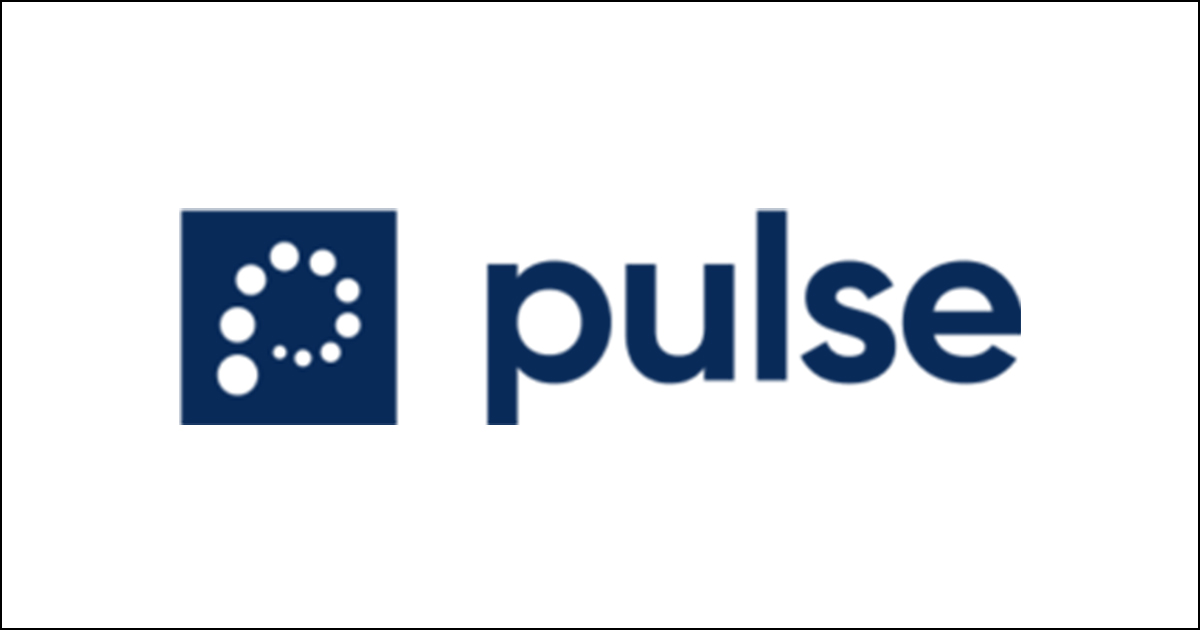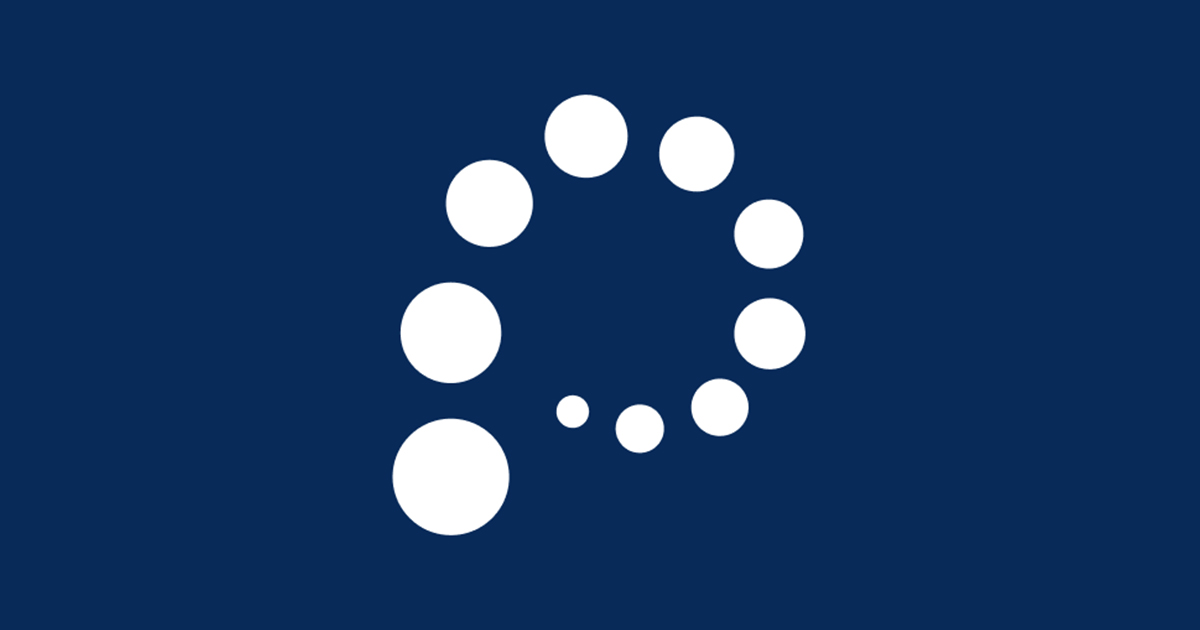Pulse (Acquired by Mozilla) Profile

Last Updated: By TRUiC Team
Pulse (Acquired by Mozilla) is a Slack-compatible tool that updates users in real-time based on your application use, calendar, and more.
Interview With Raj Singh
Describe your product or service:
“Pulse automatically updates your Slack status in real-time based on your preferences, level of lightning focus, calendar, and the apps you use.
Pulse goes beyond the arcane green dot and brings a rich presence into your digital workplace status. Status hasn’t changed in 25 years and remains a manually set custom message. By integrating 100s of signals to determine real user intent, Pulse automatically updates your status based on your preferences, level of focus, calendar, and the apps you use to reduce interruptions, improve team connectedness, and encourage more timely ad-hoc communication and collaboration.”
Describe your company values and mission:
“Our mission is to make distributed and hybrid teams feel more connected.”
How are you funded? I.e. type of funding, number of funding rounds, total funding amount.
“Institutional seed round of $4.7 million.”
How big is your team? Tell us a little about them (I.e. co-founders, freelancers, etc.)
“Team of 8 — distributed team across United States and Canada, with physical working space in Menlo Park, California, at Stanford Research Institute (SRI).”
How did you come up with and validate your startup idea? Tell us the story!
“Status has not evolved since ICQ. Skype made some improvements with mobile and then Slack with emoji, but otherwise, status has remained a green dot.
Before the pandemic, this didn’t matter. Workers worked side-by-side with their colleagues. Their physical presence was their status.
But post-pandemic, teams are now distributed. Colleagues have no idea who is around and when it’s best to connect without interrupting. The lack of status has been replaced by more and more scheduled meetings.
Pulse builds automatic status for your workplace communication tool (e.g., Slack) to make status more than just a green dot. It turns status into a way to communicate intent and empathy.
To enable automatic status, Pulse integrates 100s of signals to determine real user intent. Users then connect Pulse to their workplace communication tool and install the Pulse helper app.
Pulse Beta users report less interruptions, increased team awareness, more connectedness, and more ad-hoc communication and collaboration. Most importantly, Beta users love the product because they feel more in control of their status and their day.”
How did you come up with your startup's name? Did you have other names you considered?
“We wanted a name that helped convey that status, or presence, is what keeps the workspace communication, collaboration, morale, and innovation flowing in a company. Automatic status is the Pulse of the workspace.”
Did you always want to start your own business? What made you want to become an entrepreneur?
“I’ve been doing startups my whole career. I dropped out of my Master’s and started my first company — definitely a significant learning experience. Some of my startups have failed, and some have been successful, but the key thing is that each startup was a learning experience, and it was based on a personal problem and passion.”
Who is your target market? How did you establish the right market for your startup?
“Pulse is targeting the workplace communications market, which represents more than 350 million daily users between Slack and Microsoft Teams alone. Pulse makes status endlessly personalizable based on team workflows, tech stack, and team privacy settings.
Pulse is sold to team managers, both remote and in-office, that have adopted workplace messaging tools. HR is interested in sharing focus time, vacation schedules, and international holidays as status. Engineering wants to share real-time source code edits, pull requests, and Jira updates as status. Other personas have their own set of applications from which they want to automate status into Slack.
The market for status-utilizing work and communication tools is massive.”
What's your marketing strategy?
“We have focused early on content marketing as well as leveraging integration partner channels for user acquisition. We plan to utilize press and launch strategies as part of our GTM this spring. We also have a lot of inherent product-driven virality.”
How did you acquire your first 100 customers?
“Our first 100 customers stemmed from early outreach to personal networks and from engaging with remote work communities where I have worked to build relationships with remote workers and remote work products.”
What are the key customer metrics / unit economics / KPIs you pay attention to to monitor the health of your business?
“Pulse’s revenue model is based on daily active users. An active Pulse user may leave Pulse in autopilot and let it continue to automatically update status. We measure retention, integrations connected for individuals and teams, custom calendar event rules created, and many others metrics that point to engagement with status.”
What's your favorite startup book and podcast?
“Listed a few books in lieu of a podcast:
- ‘The Hard Thing About Hard Things’ — This is an insightful read about Ben Horowitz’s stories as a CEO.
- ‘How to Read a Person Like a Book’ — This author pretended to be deaf for 1-2 years and, in that process, learned how to read people at coffee shops.
- ‘Can You Hear Me’ — This book is a selfish choice. The author studied the psychology of video conferencing and discusses what is needed to make conferencing work.”
What is a song or artist that you listen to for motivation?
“Top 100 is my normal choice. I don't listen to specific songs and prefer a random mix of things.”
Is there a tool, app, or resource that you swear by to help run your startup?
“Slack communities have been a great way to exchange ideas and meet new people.”
What is something that surprised you about entrepreneurship?
“Even if you read all the books, you have to repeat the mistakes yourself. This is a normal course and how you learn. I've also learned that what may have worked in the past may not work in the future so you have to be willing to always experiment.”
How do you achieve work/life balance as a founder?
“Creating breaks in my calendar, creating schedules in my day, making sure to put my phone away at times. My kids in many ways make me do this, which helps!”
What is a strategy you use to stay productive and focused?
“I actively use a to-do list and track my priorities. I highlight items that I need to get done each day in the morning and review my progress as the day goes on.”
Did you have to develop any habits that helped lead you to success? If so, what are they?
“Getting comfortable with being uncomfortable. After having done startups my whole career, I've realized that it takes a certain perspective to be able to succeed. You can't fear failure.”
What was your first job and what did it teach you?
“I worked at Subway. It was amazing to meet people and see the whole prep process before you eat a sandwich. For a while, I couldn't go to a Subway ever again!”
Recommended:
- Keep up with more startup companies by visiting our list of the top startups to watch.
- Hear startup stories from real founders on the Startup Savants podcast.
- Form your own startup by reading our review of the best online incorporation services.
Tell Us Your Startup Story
Are you a startup founder and want to share your entrepreneurial journey withh our readers? Click below to contact us today!
More on Pulse

Founder of Software Startup Pulse Shares Their Top Insights
Raj Singh, founder of software startup Pulse, shared valuable insights during our interview that will inspire and motivate aspiring entrepreneurs.

Here’s How You Can Support Software Startup Pulse
We asked Raj Singh, founder of Pulse, to share the most impactful ways to support their startup, and this is what they had to say.


